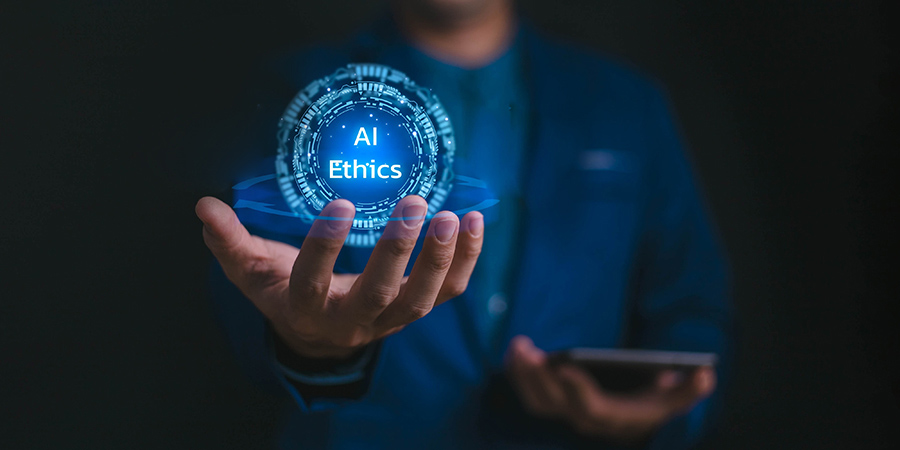The pervasiveness of artificial intelligence is increasingly prompting the world's religious leaders to unite against the unethical practices surrounding the technology.
Various sect leaders from major Eastern religions, along with major tech companies, have signed a Vatican-led code for AI ethics in Japan.
The "Rome Call for AI Ethics" campaign is calling for AI to be developed "with ethical principles to ensure it serves the good of humanity" given concerns over the impact on warfare, elections and employment.
Tech firms such as IBM, Microsoft and Cisco, as well as religious leaders from the Christianity, Islam and Judaism religions have already joined the pledge launched in 2020.
The participants agree that AI systems "must not discriminate against anyone" and "there must always be someone who takes responsibility for what a machine does."
The systems should be reliable, secure, and straightforward to understand, and "must not follow or create biases."
At the G7 summit last month in Italy, Pope Francis made an unprecedented address regarding artificial intelligence while researchers at the Institute for Ethics in AI at the University of Oxford have separately deemed the issue "urgent and important."
"Every day brings more examples of the ethical challenges posed by AI; from face recognition to voter profiling; brain machine interfaces to weaponized drones; and the ongoing discourse about how AI will impact employment on a global scale,” noted the institute.
Also Read: Deepfake Technology: Unveiling the Illusion, Impact and Ethical Implications





